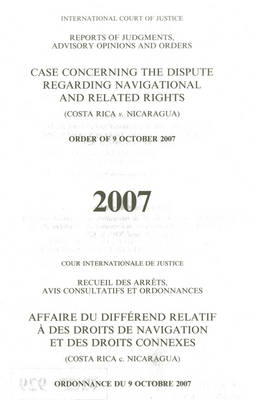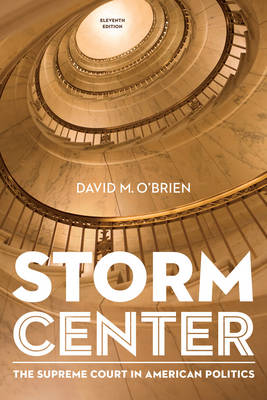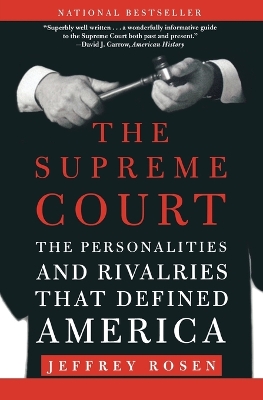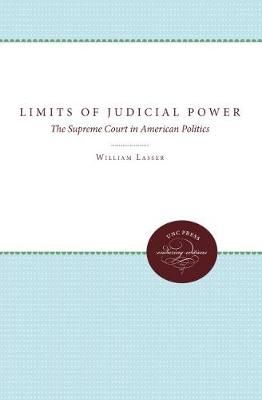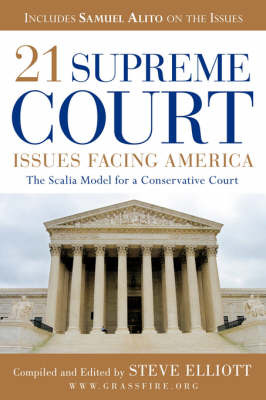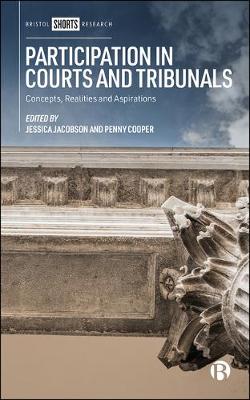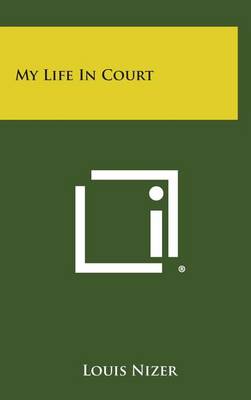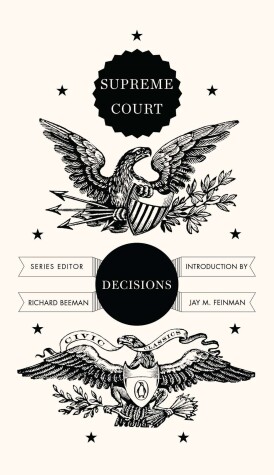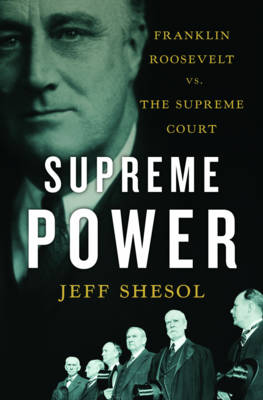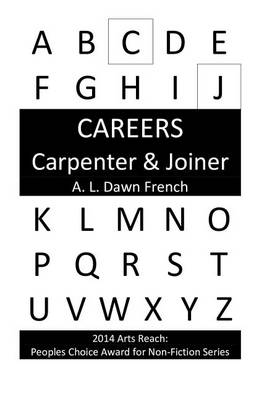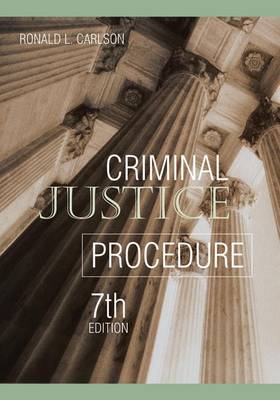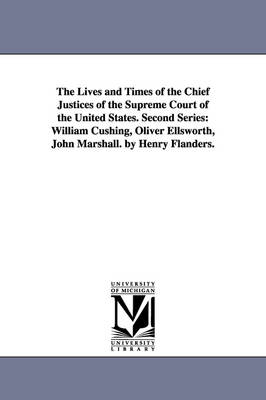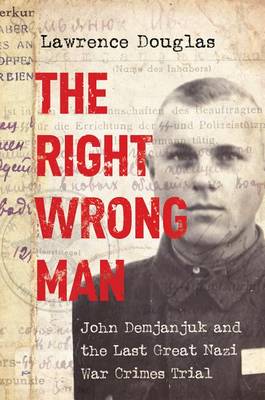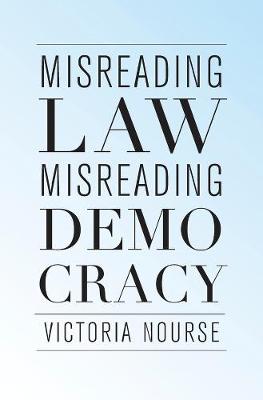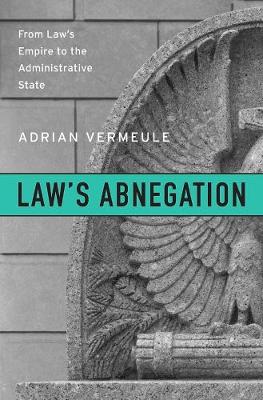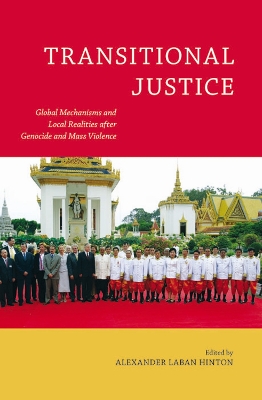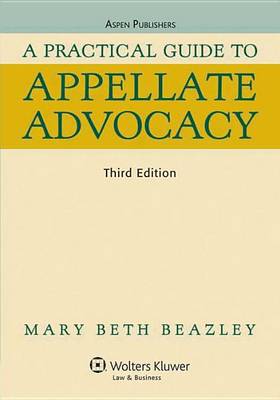International Court of Justice Reports of Judgments, Advisory Opinions and Orders (ICJ Reports of Judgments Advisory Opinions & Order)
The "religious clause" of the First Amendment, seemingly simple and clear, has been and continues to be controversial in its application. In this book, Flowers explains the Court's thinking, clarifying for readers the decisions that have been built on or that have altered previous positions.
"[The author] shows how the Supreme Court is a 'storm center' of political controversy, where personality, politics, law, and justice come together to help determine the course of public policy and shape American society. The eleventh edition features new coverage of events that have dominated the headlines, such as the battle to fill Justice Scalia's seat and the landmark decision for marriage equality in Obergefell v. Hodges."--
The Documentary History of the Supreme Court of the United States, 1789-1800
The eight volumes of The Documentary History of the Supreme Court of the United States, 1789 1800 gather together documents from the National Archives and dozens of additional repositories, resulting in a rich portrait of the first decade of the Court. It is an invaluable series for any scholar interested in the development of the Supreme Court as an institution and in the cases that came before the Court during its infancy.The final volume of The Documentary History concerns cases heard between...
A UNC Press Enduring Edition -- UNC Press Enduring Editions use the latest in digital technology to make available again books from our distinguished backlist that were previously out of print. These editions are published unaltered from the original, and are presented in affordable paperback formats, bringing readers both historical and cultural value.
Amtliche Sammlung Von Entscheidungen Des Schiedsgericht Fur Oberschlesien. Tom 1, Band 2
A selection of the landmark Supreme Court decisions that have shaped American society Penguin presents a series of six portable, accessible, and—above all—essential reads from American political history, selected by leading scholars. Series editor Richard Beeman, author of The Penguin Guide to the U.S. Constitution, draws together the great texts of American civic life, including the founding documents, pivotal historical speeches, and important Supreme Court decisions, to create a timely and i...
American Public Opinion and the Modern Supreme Court, 1930-2020
by Thomas R. Marshall
Beginning in 1935, in a series of devastating decisions, the Supreme Court's conservative majority left much of FDR's agenda in ruins. The pillars of the New Deal fell in short succession. It was not just the New Deal, but democracy itself, that stood on trial. In February 1937, Roosevelt struck back with an audacious plan to expand the Court to fifteen justices-and to "pack" the new seats with liberals who shared his belief in a "living" Constitution. The ensuing fight was a firestorm that engu...
The Lives and Times of the Chief Justices of the Supreme Court of the United States. Second Series
by Henry Flanders
American law schools extol democracy but teach little about its most basic institution, the Congress. Interpreting statutes is lawyers' most basic task, but law professors rarely focus on how statutes are made. This misguided pedagogy, says Victoria Nourse, undercuts the core of legal practice. It may even threaten the continued functioning of American democracy, as contempt for the legislature becomes entrenched in legal education and judicial opinions. Misreading Law, Misreading Democracy turn...
Ronald Dworkin once imagined law as an empire and judges as its princes. But over time, the arc of law has bent steadily toward deference to the administrative state. Adrian Vermeule argues that law has freely abandoned its imperial pretensions, and has done so for internal legal reasons.In area after area, judges and lawyers, working out the logical implications of legal principles, have come to believe that administrators should be granted broad leeway to set policy, determine facts, interpret...
Transitional Justice (Genocide, Political Violence, Human Rights)
How do societies come to terms with the aftermath of genocide and mass violence, and how might the international community contribute to this process? Recently, transitional justice mechanisms such as tribunals and truth commissions have emerged as a favored means of redress.Transitional Justice, the first edited collection in anthropology focused directly on this issue, argues that, however well-intentioned, transitional justice needs to more deeply grapple with the complexities of global and t...
A Practical Guide to Appellate Advocacy, Third Edition
by Mary Beth Beazely
